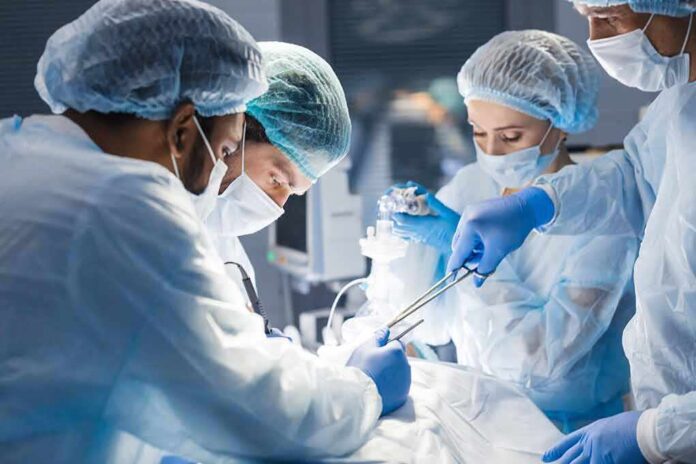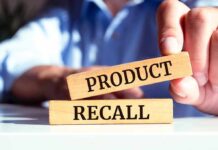The FDA’s authorization of a lab-grown blood vessel marks a historic leap in regenerative medicine, sparking both hope and caution over its long-term impact.
Quick Takes
- The FDA approved Symvess, the first acellular tissue engineered vessel for extremity vascular trauma.
- Symvess offers a lifeline when urgent revascularization is needed and traditional vein grafts aren’t an option.
- The lab-grown vessel boasts a 67% primary patency at 30 days, demonstrating promising efficacy.
- Caution remains due to potential risks like thrombosis and the controversial approval process.
FDA Approval: A New Era in Regenerative Medicine
The recent FDA approval of Symvess, developed by Humacyte Global, Inc., marks a significant milestone in regenerative medicine. As the first engineered acellular vessel, Symvess is approved to treat vascular trauma in extremities, offering a critical option when natural vein grafts aren’t feasible.
Symvess relies on human extracellular matrix proteins and human vascular smooth muscle cells in its construction. This pioneering approach aims to overcome limitations associated with synthetic grafts by leveraging lab-generated solutions to bypass the challenges of donor availability and compatibility.
Study Outcomes and Safety Concerns
The effectiveness and safety of Symvess were examined in a study involving 54 patients with extremity vascular trauma. The data revealed a 67% primary patency rate within 30 days post-implementation. However, several complications arose during the study, including thrombosis, fever, and even severe occurrences such as graft ruptures. “The agency OK’d an artificial vessel to restore blood flow, even though its own scientists flagged questionable study results,” Christina Jewett reported.
Regulatory and Ethical Concerns
Despite these challenges, this approval signifies an increasing confidence in biotechnology’s potential. However, the FDA’s expedited review process and refusal of a public discussion have raised eyebrows within the medical community. There is a call for cautious optimism due to the potential for adverse effects and ethical considerations surrounding such bioengineered innovations.
“Today’s approval provides an important additional treatment option for individuals with vascular trauma, produced using advanced tissue engineering technology,” said Dr. Peter Marks, director of the FDA’s Center for Biologics Evaluation and Research, or CBER.
The FDA continues to encourage monitoring and reporting of adverse events related to regenerative products via its MedWatch Program. The long-term effects and reliability of these lab-grown vessels remain a focus for further research and evaluation as they integrate into clinical practices.
Sources:
- https://www.prnewswire.com/news-releases/fda-approves-first-acellular-tissue-engineered-vessel-to-treat-vascular-trauma-in-extremities-302337371.html
- https://www.fda.gov/vaccines-blood-biologics/consumers-biologics/consumer-alert-regenerative-medicine-products-including-stem-cells-and-exosomes
- https://www.nytimes.com/2025/03/24/health/fda-artificial-blood-vessel-trauma-humacyte.html
- https://feedpress.me/link/20202/16990833/yZy0O











